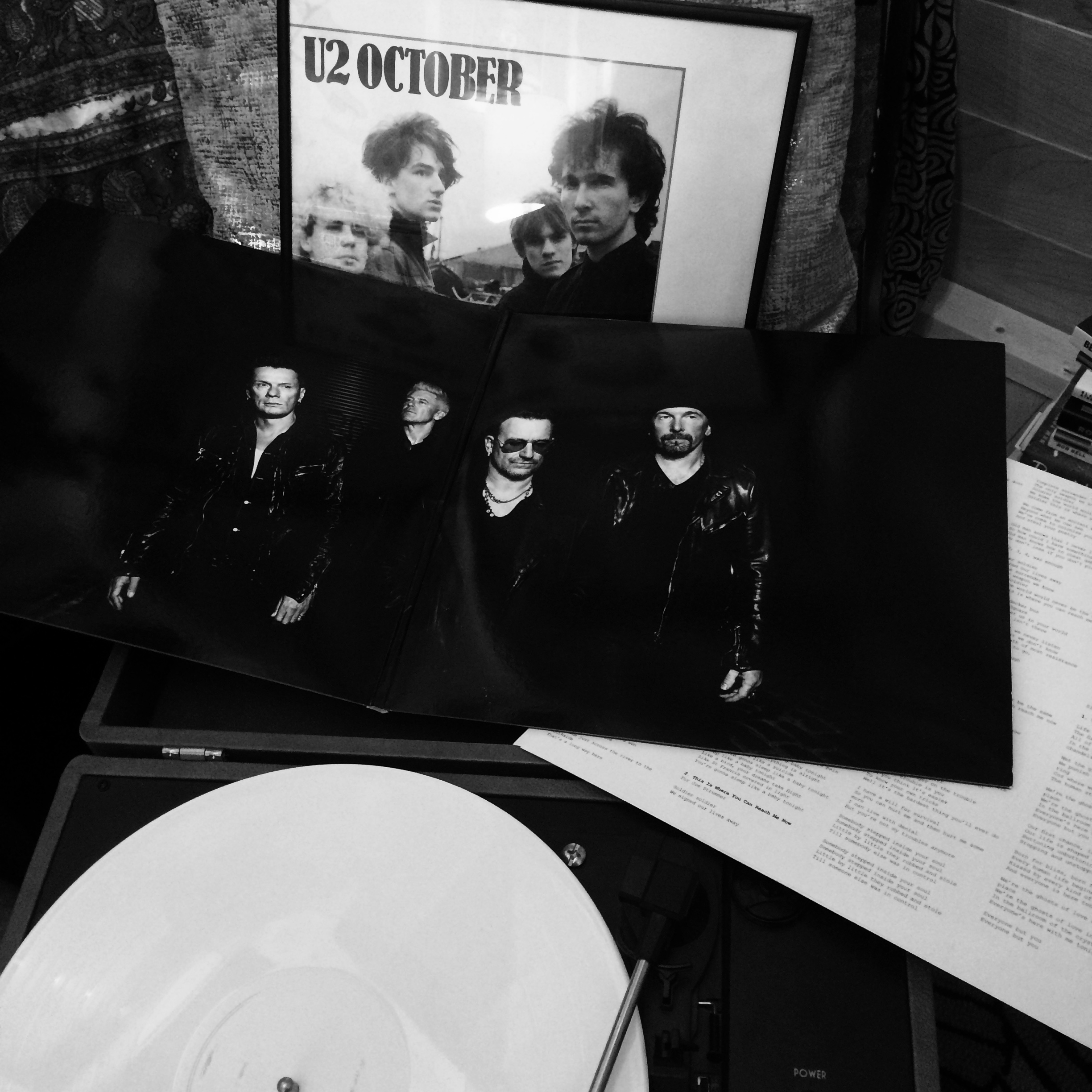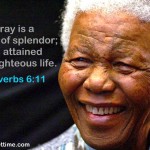You can call him Al(fred)
In case you missed it, yer man, Bono, had another of his fascinating (and entertaining) op-ed pieces in last Sunday’s New York Times:
I spent March with a delegation of activists, entrepreneurs and policy wonks roaming western, southern and eastern Africa trying very hard to listen — always hard for a big-mouthed Irishman. With duct tape over my gob, I was able to pick up some interesting melody lines everywhere from palace to pavement …
Despite the almost deafening roar of excitement about Africa’s hosting of soccer’s World Cup this summer, we managed to hear a surprising thing. Harmony … flowing from two sides that in the past have often been discordant: Africa’s emerging entrepreneurial class and its civil-society activists.
It’s no secret that lefty campaigners can be cranky about business elites. And the suspicion is mutual. Worldwide. Civil society as a rule sees business as, well, a little uncivil. Business tends to see activists as, well, a little too active. But in Africa, at least from what I’ve just seen, this is starting to change. The energy of these opposing forces coming together is filling offices, boardrooms and bars. The reason is that both these groups — the private sector and civil society — see poor governance as the biggest obstacle they face. So they are working together on redefining the rules of the African game.
Entrepreneurs know that even a good relationship with a bad government stymies foreign investment; civil society knows a resource-rich country can have more rather than fewer problems, unless corruption is tackled.
This joining of forces is being driven by some luminous personalities, few of whom are known in America; all of whom ought to be. Let me introduce you to a few of the catalysts:
John Githongo, Kenya’s famous whistleblower, has had to leave his country in a hurry a couple of times; he was hired by his government to clean things up and then did his job too well. He’s now started a group called Inuka, teaming up the urban poor with business leaders, creating inter-ethnic community alliances to fight poverty and keep watch on dodgy local governments. He is the kind of leader who gives many Kenyans hope for the future, despite the shakiness of their coalition government.
Sharing a table with Githongo and me one night in Nairobi was DJ Rowbow, a Mike Tyson doppelgänger. His station, Ghetto Radio, was a voice of reason when the volcano of ethnic tension was exploding in Kenya in 2008. While some were encouraging the people of Kibera, one of the largest slums in Africa, to go on the rampage, this scary-looking man decoded the disinformation and played peacemaker/interlocutor. On the station’s playlist is Bob Marley and a kind of fizzy homespun reggae music that’s part the Clash, part Marvin Gaye. The only untruthful thing he said all evening was that he liked U2. For my part, I might have overplayed the Jay-Z and Beyoncé card. “They are friends of mine,” I explained to him, eh, a lot.
Now this might be what you expect me to say, but I’m telling you, it was a musician in Senegal who best exemplified the new rules. Youssou N’Dour — maybe the greatest singer on earth — owns a newspaper and is in the middle of a complicated deal to buy a TV station. You sense his strategy and his steel. He is creating the soundtrack for change, and he knows just how to use his voice. (I tried to imagine what it would be like if I owned The New York Times as well as, say, NBC. Someday, someday…)
In Maputo, Mozambique, I met with Activa, a women’s group that, among other things, helps entrepreneurs get seed capital. Private and public sectors mixed easily here, under the leadership of Luisa Diogo, the country’s former prime minister, who is now the matriarch in this mesmerizing stretch of eastern Africa. Famous for her Star Wars hairdo and political nous, she has the lioness energy of an Ellen Johnson Sirleaf, a Ngozi Okonjo Iweala or a Graça Machel.
When I met with Ms. Diogo and her group, the less famous but equally voluble women in the room complained about excessive interest rates on their microfinance loans and the lack of what they called “regional economic integration.” For them, infrastructure remains the big (if unsexy) issue. “Roads, we need roads,” one entrepreneur said by way of a solution to most of the obstacles in her path. Today, she added, “we women, we are the roads.” I had never thought of it that way but because women do most of the farming, they’re the ones who carry produce to market, collect the water and bring the sick to the clinics.
The true star of the trip was a human hurricane: Mo Ibrahim, a Sudanese entrepreneur who made a fortune in mobile phones.
I fantasized about being the boy wonder to his Batman, but as we toured the continent together I quickly realized I was Alfred, Batman’s butler. Everywhere we went, I was elbowed out of the way by young and old who wanted to get close to the rock star reformer and his beautiful, frighteningly smart daughter, Hadeel, who runs Mo’s foundation and is a chip off the old block (in an Alexander McQueen dress). Mo’s speeches are standing-room-only because even when he is sitting down, he’s a standing-up kind of person. In a packed hall in the University of Ghana, he was a prizefighter, removing his tie and jacket like a cape, punching young minds into the future.
For the rest of Bono’s latest op-ed, click HERE.















